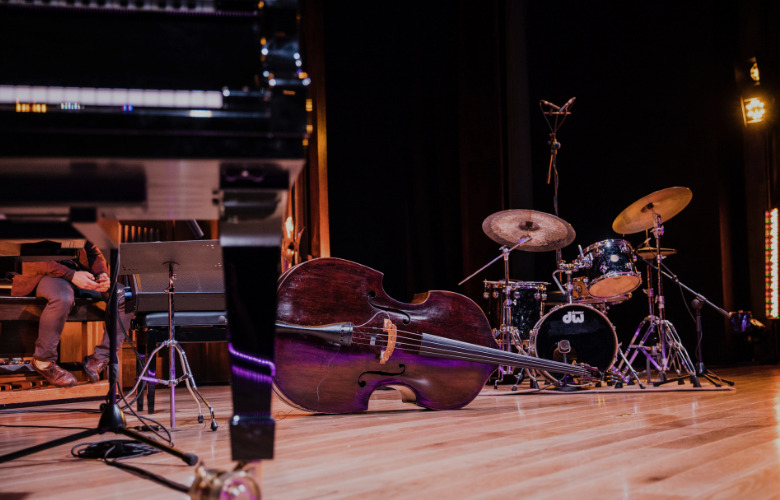Community, Leadership, Experimentation, Diversity, & Education
Pittsburgh Arts, Regional Theatre, New Work, Producing, Copyright, Labor Unions,
New Products, Coping Skills, J-O-Bs...
Theatre industry news, University & School of Drama Announcements, plus occasional course support for
Carnegie Mellon School of Drama Faculty, Staff, Students, and Alumni.
CMU School of Drama
Thursday, September 05, 2024
How to Make an Awesome Audio Rider
StageLync: An audio rider is essential to every gig. There can be a lot of confusion over what it should entail and how best to present the information, so here is how to make a clear, concise rider and the pitfalls to avoid. Much of this might seem obvious, but even people on arena tours make some of these mistakes. If you already know everything in this post, share it with your musician friends who don’t have an engineer yet so they can make great riders too.
Subscribe to:
Post Comments (Atom)

2 comments:
I love paperwork articles! I find it really interesting how this article is geared towards a band and not necessarily an audio engineer, therefore taking a slightly different approach to the paperwork than I have seen on ones written for engineers. Taking this aforementioned angle, this article breaks down a crucial part of any festival or really touring show - the tech riders in a very digestible way. You don’t need a ton of technical experience to make a decent rider, you just need to know what your gear is, what you need, and what needs your group has as a whole. Combine that with keeping on top of deadlines and you have a solid foundation for what you need to do to stay in a good spot, and as with the majority of things, practice makes progress and the more riders you make, the better you will get at making them and knowing what goes into a great audio rider.
I wish the article had gone into more detail about the specifics of making an audio rider. I mean it did, but it kind of felt all of over the place. I did really enjoy reading the article though because it presented me with a lot of point of views that I hadn’t necessarily thought would apply to being a sound engineer. I forget sometimes that being a good sound engineer also means being able to do a lot of good, neat, clean paperwork and it’s not just how well you can mix in a space. You also have to be super good at people skills and other soft skills and it’s not just about getting there and getting the job done. They have to cultivate a lot of trust in a short amount of time to be able to do their jobs effectively and make sure no one else gets in the way of it because of a lack of trust or incomplete paperwork.
Post a Comment